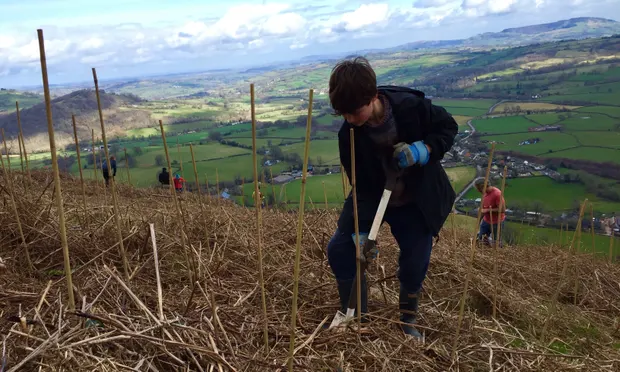Announcement of Darwin Extra Funding for the GBS
We are very pleased to announce that the Global Biodiversity Standard (GBS) has been awarded five years of funding from the UK Government’s Darwin Extra fund! The funding will be instrumental in the development and testing phases, and the launch and roll out of the GBS. As mentioned in our February update, the testing phase will be undertaken with partners in our initial six hub countries; Kenya, Uganda, Madagascar, India, Peru and Brazil.
Methodology Testing
In the first steps to roll out testing for the GBS, we are holding a number of meetings with our hub and technical partners including the Society for Ecological Restoration (SER), CIFOR-ICRAF, 1t.org, Plan Vivo, TRAFFIC and Ecosia.
An early meeting with biodiversity data experts for Sumatra along with the team at Space Intelligence has begun our testing of the remote sensing methodology with a particular focus on Riau and Jambi provinces in Sumatra.
We are continuing to test methodology with our partner Huarango Nature in Peru who will be field testing the ground survey methods in May. With confirmation of our funding, we can now begin to implement testing with our technical and hub partners in all of our six focus countries.
Development of Education Materials
Through working with our partners in the
Ecological Restoration Alliance of Botanic Gardens (ERA) we have been collating educational materials to develop the training modules associated with the GBS. As part of our mentoring scheme to share knowledge and improve restoration practice globally, training modules will cover how to conduct a GBS assessment and will provide instruction in achieving better biodiversity outcomes in restoration and tree-planting, including:
- Biodiversity survey and inventory
- Use of spatial planning tools and data for tree-planting and forest restoration
- Development of climate-appropriate portfolios of tree diversity
- Enhancing seed and seedling supply systems to support climate-adapted species and varieties (national-level seed systems and tree-breeding programmes)
- Conservation horticulture, nursery establishment and species recovery
- Conservation monitoring and evaluation
- Community engagement
- Ecological restoration techniques
- Standards of practice for implementing ecological restoration, including social and governance standards
- Increasing biodiversity in forestry and agroforestry systems
IUCN Involvement
The GBS was recently presented in consultations about the development of an IUCN Restoration Advisory Group, led by the IUCN Species Survival Commission (SSC) Plant Conservation Committee, and garnered much interest from their country offices. The IUCN Restoration Advisory Group aims to achieve a stronger focus on native plant species and genetic diversity across broader ecological restoration and tree planting initiatives carried out by IUCN and its members and partners, and will be assisting us to connect the GBS hubs to forest restoration sites and to expand our network of supporters.
We continue further discussions with the IUCN SSC and Reverse the Red to explore synergies across our shared interests.
In April, the work of the Ecological Restoration Alliance of Botanic Gardens (ERA) and the GBS was also presented to IUCN’s Commission on Ecosystem Management in their monthly webinar series.
We have been invited to represent IUCN and present the GBS and the work of ERA to the European Parliament Intergroup online event on “Sustainable management of forests: How to seek a balance through EU policies?” We will share lessons learned from our international projects to respond to the key focus on how Europe fares in regard to forests and their management.
Other Meetings
BGCI’s GBS team has also met and discussed the Standard with
Climate Impact Partners,
Plantlife, the
SSC Steering Committee,
Space Intelligence and
Operation Wallacea during the last two months.
News Articles
BGCI staff were recently interviewed for a
New York Times article looking into good and bad practice in global tree planting initiatives.
GBS technical contributor Kate Hardwick of Kew was interviewed by The Guardian and The Ten Golden Rules which form the foundation of the GBS were mentioned in
this article.
Connect with us
As ever we are keen to hear from you about your interest and partnerships on the GBS. Please feel free to contact the Project manager at
galena.woodhouse@bgci.org


